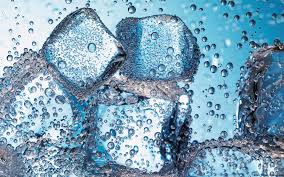effervescence
英 [ˌef.əˈves.əns]
美 [ˌef.ɚˈves.əns]
- n. 冒泡;[化工] 泡腾;欢腾

记忆方法
记忆“effervescence”这个单词,可以将其分解为“effervesce”加上“-ence”后缀。首先记住“effervesce”表示沸腾或冒泡,接着联想到这个词在化学上常用来描述液体中的气体突然冒出,就像碳酸饮料打开瓶盖时冒泡一样。将这个动态场景与“-ence”后缀结合,意味着这种状态或行为,因此“effervescence”可以记忆为“液体中不断冒泡的状态或现象”。
以上内容由AI生成, 仅供参考和借鉴
英语词源
- effervescence (n.)
- 1650s, "the action of boiling up," from French effervescence (1640s), from Latin effervescentem, present participle of effervescere "to boil up, boil over," from ex- "out" (see ex-) + fervescere "begin to boil," from fervere "be hot, boil" (see brew). Figurative sense of "liveliness" is from 1748. Related: Effervescency.
权威例句
- 1. He wrote about Gillespie's effervescence, magnetism and commitment.
- 他写到了吉莱斯皮的活泼、魅力和献身精神。
- 2. His whole nature was kindled into one intense and passionate effervescence of romantic passion.
- 他心灵中燃烧着一股强烈而炽热的浪漫主义激情.
- 3. It is the bribe for living, the champagne of the blood, the effervescence of the ferment.
- 这是永生的贿赂, 血液的美酒, 酵素的沸腾.
- 4. He looks like cold but inside of him all is effervescence.
- 他本人也是个外表冷酷内心狂热的家伙.
- 5. Here the wine, like buried treasure, ages and develops its special effervescence that is all - natural.
- 就象深埋在地下的宝藏一样, 香槟酒在地窖里熟化并形成其独特的、完全天然的发泡性能.